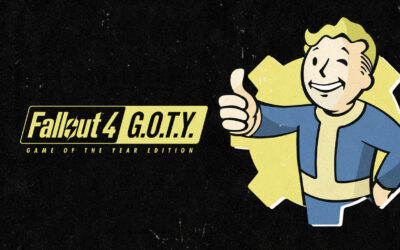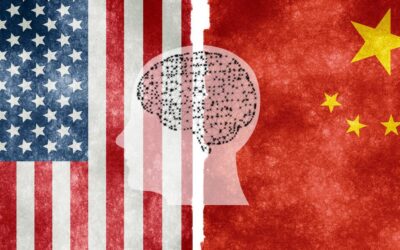The demand for skilled HRIS (Human Resources Information Systems) analysts is at an all-time high. As organizations increasingly rely on HR technology to streamline processes and optimize employee data management, the skill gap for HRIS analysts becomes a crucial challenge to address. In this article, we will explore the key strategies to bridge the skill gap and empower HRIS analysts to excel in their roles.
What is a Skills Gap?
What Is the Skills Gap? Skills gap refers to the disparity between the skills an employer expects their employees to have and the actual skills employees possess. This mismatch makes it challenging for employers to fill open positions.
Understanding the Role of HRIS Analysts
Before diving into skill gap solutions, let’s first establish a clear understanding of what HRIS analysts do. HRIS analysts are responsible for managing and optimizing HR systems, such as applicant tracking systems, payroll software, and employee databases. They ensure accurate data entry, develop reports and analytics, and provide technical support to HR professionals. A successful HRIS analyst possesses a combination of technical expertise, analytical skills, and a deep understanding of HR processes.
HRIS: Identifying the Skill Gap
It’s crucial to identify the specific areas where HRIS analysts may lack proficiency. Some common skill gaps include:
Technical Competence: HRIS analysts should have a strong command of HR systems, database management, data analytics tools, and programming languages commonly used in HRIS.
Data Management and Analysis: A solid foundation in data management and analysis is essential for HRIS analysts to generate meaningful insights from HR data, identify trends, and make data-driven recommendations.
Communication and Collaboration: HRIS analysts must possess excellent communication skills to interact with HR professionals, IT teams, and vendors effectively. Collaboration skills are vital for successful project management and cross-functional teamwork.

HRIS: Continuous Learning and Professional Development
HRIS analysts should actively engage in continuous learning and professional development. Here are some effective strategies:
Training and Certification Programs: Encourage HRIS analysts to attend relevant training programs and obtain certifications in HR systems, data analytics, and project management. These credentials validate their skills and enhance their credibility.
Online Learning Platforms: Explore e-learning platforms like Coursera, LinkedIn Learning, and Udemy that offer courses specifically tailored to HRIS analysts. These platforms provide flexibility and a wide range of topics to choose from.
Webinars and Conferences: Encourage participation in webinars and conferences focused on HR technology and data analytics. These events offer opportunities to learn from industry experts, network with peers, and stay updated on the latest trends.
Collaboration with HR and IT Teams: Collaboration between HRIS analysts, HR professionals, and IT teams is essential for bridging the skill gap. Encourage regular communication and knowledge sharing to foster a culture of learning and collaboration. HRIS analysts can gain valuable insights from HR professionals’ domain expertise, while IT teams can provide technical guidance and support.
Hands-on Experience and Projects: To enhance practical skills, HRIS analysts should actively seek out hands-on experience and participate in relevant projects. Encourage them to take on new responsibilities, such as system upgrades, data migration projects, or process optimization initiatives. This practical exposure will build confidence and provide opportunities to apply newly acquired skills.
Mentorship and Coaching: Implement a mentorship or coaching program where experienced HRIS analysts can guide and support junior colleagues. Mentorship provides a safe space for knowledge sharing, professional guidance, and career development. It also fosters a sense of community and encourages a continuous learning mindset.
The Bottom Line
Bridging the skill gap for HRIS analysts is essential for organizations striving to optimize their HR systems and processes. By investing in continuous learning, collaboration, practical experience, and mentorship, HRIS analysts can develop the skills and expertise required to excel in their roles. By addressing the skill gap, organizations can maximize the value of their HR technology investments and drive overall HR effectiveness.
The technical elements to strive for a successful implementation or elevate your HRIS system require analysts with real technical knowledge of your business systems. HR Operations staff are not a substitute for a qualified HRIS Analyst/ Consultant.
Contact us here at Dayfoxx Resources to discuss your HR technology needs.












0 Comments